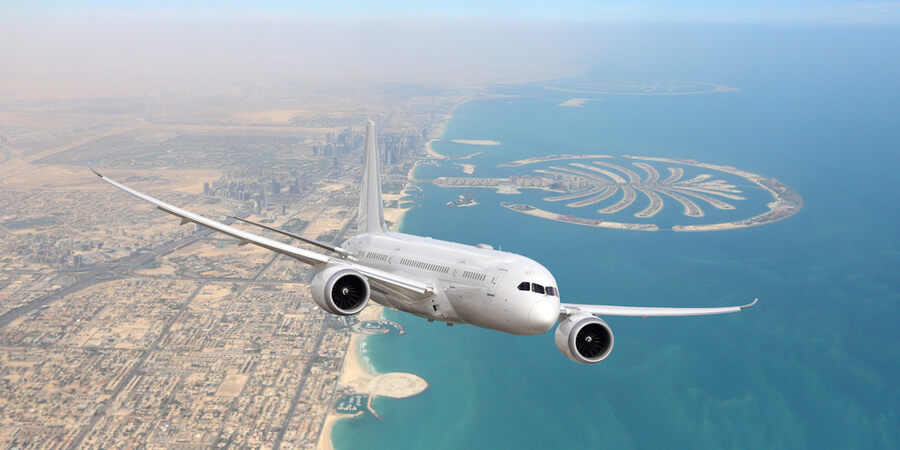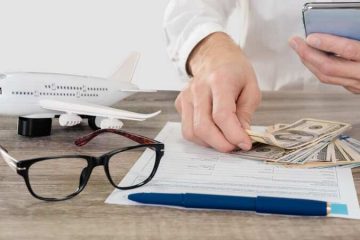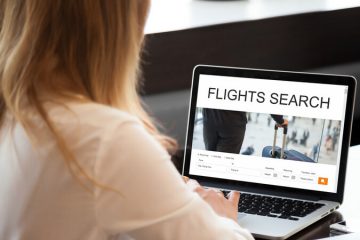You may wonder how an airline can sell more tickets if there is a finite number of seats in an airplane. Overbooking is a common practice in the airline industry. Airlines resort to overbooking to optimize earnings to offset losses because of last-minute cancellations. Enhancing profits is another answer to the oft-repeated question, ‘why do airlines overbook?’.
Airlines may request volunteers at the gate to take another flight as compensation if all passengers with confirmed bookings decide to take the flight. In a rare and worst-case scenario, they may bump off a passenger. Knowledge about the practice of over-booking may help you avoid an embarrassing situation or negotiate better compensation.
What is airline overbooking?

Overbooking or overselling is the usual practice of airlines to ensure all flights are flying at capacity because empty seats result in a financial loss to the airline. Overbooking is helpful in the event of ticket cancellation or ‘no-show’. The average proportion of tickets sold to the actual number of seats is 150 to 100. There is a high possibility of overbooking in air travel. Airlines determine the probable number of people missing a particular flight by using algorithms and historical data. These numbers depend upon multiple factors.
Why do airlines overbook?
The economy of flight operations is the straightforward answer to ‘why do airlines overbook flights?’. Airlines want to avoid operating flights with empty seats. They resort to overselling to make room for cancellations. Overselling means selling extra tickets than actual seats, while overbooking is more passengers showing up than seats on the plane.
Overselling does not always result in overbooking, as one cannot ignore the chances of people not showing up or canceling their journey plans. Airlines create an extensive database of past trends of bookings and no-show rates. It helps them decide on flights to oversell. The data may not provide a precise projection of empty seats on future flights, which results in overbooking.
Suggested Read: Can You Change The Name On A Plane Ticket?
Is overbooking legal?
Airlines have a legal right to overbook flights. They can remove passengers under different circumstances, and overbooking is one of these. Airlines practice overbooking to control airfares, as having empty seats may cause a hike in airfares. Overbooking ensures planes are flying to full capacity, thus helping airlines maintain profitability.
Overselling is not the only cause of overbooking, as airlines may have to accommodate must-rides like flight crew traveling to work on another flight. Climate conditions or weight restrictions may prevent airlines from filling all seats. These are other answers to the question, ‘why do airlines overbook’ besides overselling.
What happens if your flight is overbooked?
Airlines can go wrong with their algorithms for projecting empty seats because of cancellations, no-shows, or other reasons. The first option for dealing with overbooking is to look for volunteers before bumping off passengers to another flight. Passengers have no choice but to accept another flight if no passengers volunteer.
Airlines remove passengers who paid the lowest airfare or those who were last to board the flight. They may consider other factors like seating class, frequent flyer status, and itinerary. People with disabilities, military personnel and unaccompanied minors have protection from bumping in the event of overbooking. Passengers have rights as per the EU regulations to receive compensation as a ticket on the next available flight, cash, or travel vouchers.
How much compensation do airlines offer for overbooking?
The type of compensation for overbooking varies with airlines. Involuntary bumping entitles passengers to receive reimbursement, ranging between $200 and $800. The compensation amount depends on the delay in getting an alternative flight. Passengers may receive no compensation if they get an alternative flight within an hour. Some airlines provide travel vouchers thrice the amount of compensation. Many airlines provide cash compensation ranging from $650 to $1,300, depending upon the length of the delay.
Conclusion
Overselling is a norm in the airline industry, resulting in overbooking. Airlines strive to avoid flights with empty seats by a calculative approach of overselling. They leverage past data to forecast empty seats while overselling. The forecast may go wrong because of several reasons and force airlines to remove passengers by offering compensation. One can avoid bumping by arriving at the airport early to confirm the reservation. Seat selection is another option to avoid bumping because of overbooking. You can also use travel platforms such as Paxes for accurate availability of seats in airlines.
Suggested Read: Corporate Flight Booking Benefits For Companies And Travelers
Why Do Airlines Overbook FAQs
Is it possible to avoid being removed from a flight because of overbooking?
Being among the first passengers to check in and using a seat selection option while making a reservation are ways to avoid removal because of overbooking.
What is the difference between overselling and overbooking?
Overselling refers to selling more tickets, while overbooking results when more passengers with bookings decide to travel than seats available.
Why does overselling not always lead to overbooking?
Usually, all passengers with bookings do not check in as some may cancel the booking. It helps airlines accommodate oversold seats, avoiding overbooking.
What are common reasons for a no-show?
Reaching late at the airport, speculative booking, missing flights because of connective itineraries, or delays in customs are common reasons for no-shows.
Which airlines have the maximum number of bumped passengers?
The frequency of bumping is the highest for Southwest and American Airlines.



